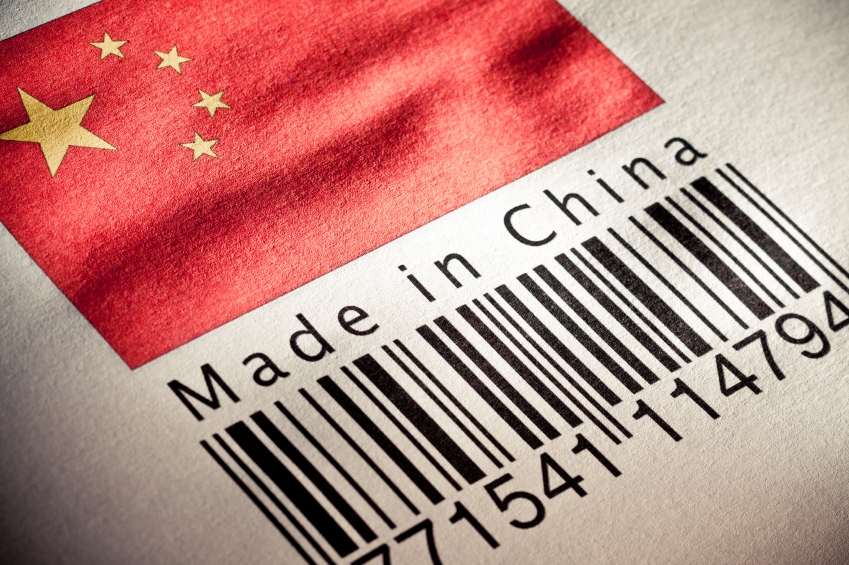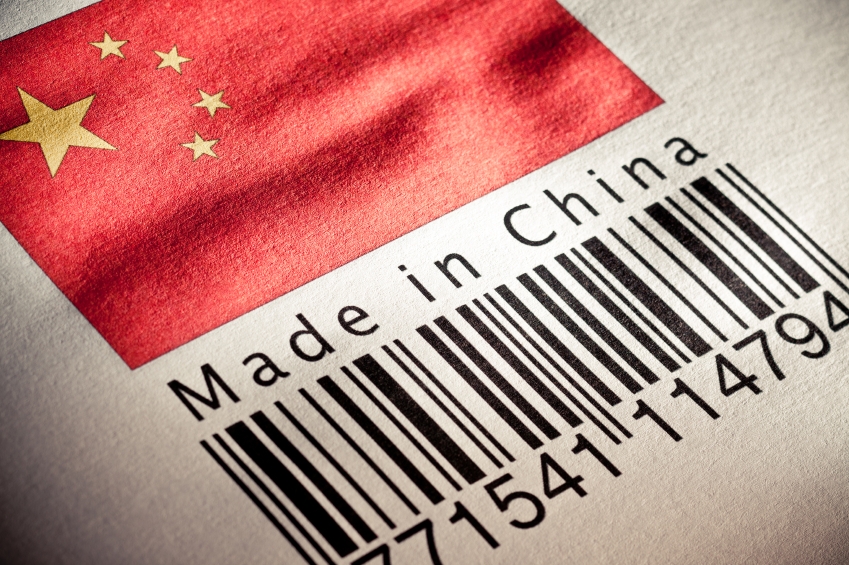 Last week, in a move that pits American labor against China’s green-technology industry, the Obama administration filed a complaint with the World Trade Organization over China’s wind-power subsidies.
Last week, in a move that pits American labor against China’s green-technology industry, the Obama administration filed a complaint with the World Trade Organization over China’s wind-power subsidies.
The U.S. move challenges China’s rapid growth in the renewable-energy market, and also throws the weight of the administration behind the unions, elevating concern about Chinese competition to the level of official U.S. policy.
The complaint falls on the heels of a 5,800-page filing made in September by the United Steelworkers against China, arguing that its renewable-energy subsidies violate international trade regulations. According to that filing, China defied trade agreements by providing land grants and low-interest loans in order to produce clean technology at artificially low prices.
Both complaints ignore the fact that energy industries all over the world benefit from government subsidies. In the U.S. and Europe, the nuclear and fossil-fuel industries get massive public subsidies. And as a percentage of GDP, Spain and the U.K. pump funding at levels similar to China’s into green subsidies.
China sharply rejects allegations that its rapidly growing solar-panel and wind-turbine manufacturing efforts defy WTO trade regulations.
Beijing dismisses the attacks as another example of China-bashing, which rose to new heights in the U.S. during the recent 2010 midterm elections, when no fewer than 29 congressional and gubernatorial candidates pushed anti-China messages in campaign ads. In October, The Wall Street Journal reported that “China is emerging as a bogeyman this campaign season, with candidates across the American political spectrum seizing on anxieties about the country’s growing economic might to pummel each other on trade, outsourcing and the deficit.”
The Obama administration appears to be taking a cue from this surge of protectionist scapegoating.
China, for its part, feels it is being presented with a damned-if-you-do-and-damned-if-you-don’t set of options. If the country invests in clean technology, U.S. officials claim China is engaging in “unfair” trade practices. If it does not, U.S. lawmakers threaten to slap a high-carbon tariff on Chinese imports. It’s a no-win situation.
China is actually doing the world a favor. Its renewable-energy subsidies, which have made it a leading producer of wind and solar technology, are one of the most encouraging signs of progress in the global fight against climate change. China is currently the only country producing green technology at a scale that could dramatically bring down the price of goods like solar panels and wind turbines, making them affordable for both the developed and developing world. These advances could not have been brought about without government subsidies.
China‘s leaders have also committed to ambitious carbon-reducing policies. The country is aiming to cut its greenhouse gas emissions per unit of GDP by 40 to 45 percent from 2005 levels by 2020. And it is committed to deriving at least 15 percent of its energy from renewable sources by 2020.
China is now the world’s largest emitter of greenhouse gases, but it still ranks far below the U.S. in terms of per capita emissions and historical emissions. And almost one-quarter of China’s emissions come from products that are made for export. To the extent the country becomes a major exporter of wind turbines, solar panels, fuel cells, and electric vehicles — all of which are energy-intensive to produce — it will be taking on an emissions burden from other countries.
If the U.S. wants to get serious about renewable energy, it should ramp up its own subsidies for clean technology, not quibble over China’s.



